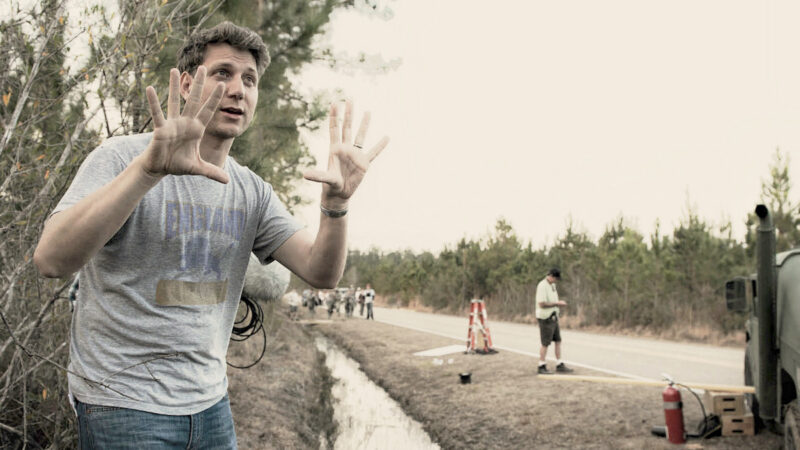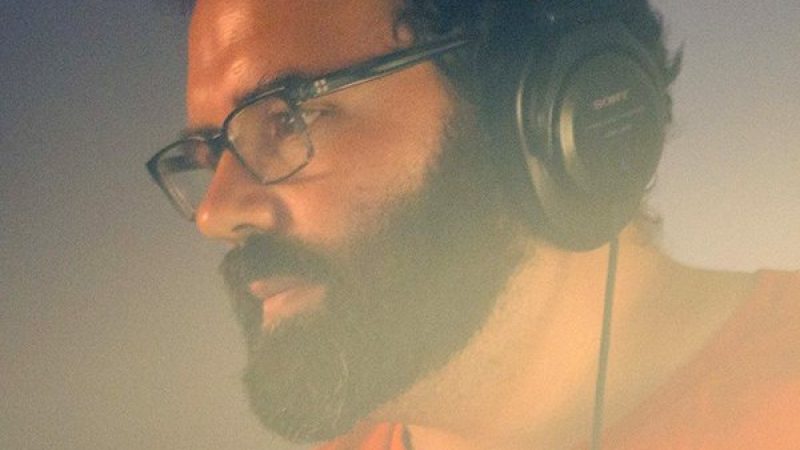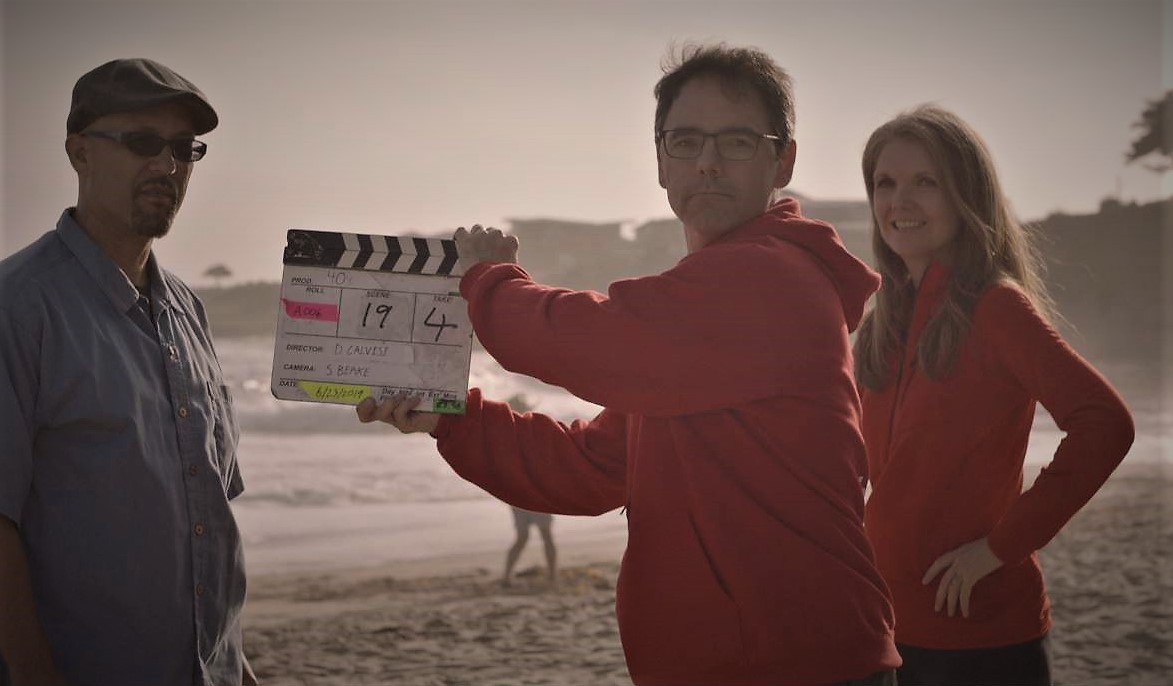
Daniel Calvisi graduated from NYU’s Film and Television program. After college, Daniel worked for years as a freelance professional Story Analyst for major studios like Fox and Miramax Films and for Jonathan Demme (1991). Daniel explains that “this experience as a top reader informed my creation of the Story Map method, which I use and teach, and have adapted for both film and TV. I have worked with screenwriters, directors, and producers for years as a story consultant and writing coach, and have “script doctored” several screenplays on assignment for indie writers and producers“.
“I am the author of several books on screenwriting, including Story Maps: How to Write a GREAT Screenplay, Story Maps: TV Drama: The Structure of the One-Hour Television Pilot, Story Maps: 12 Great Screenplays, and Story Maps: The Films of Christopher Nolan. I teach webinars on writing for film and television and speak at writing conferences,” says Daniel who lives in Los Angeles.
indieactivity: Tell us about your books currently on the shelves?
Daniel Calvisi (DC): My Story Maps series of books includes Story Maps: How to Write a GREAT Screenplay, Story Maps: TV Drama: The Structure of the One-Hour Television Pilot, Story Maps: 12 Great Screenplays, and Story Maps: The Films of Christopher Nolan. My best-seller and most popular book these days is Story Maps: TV Drama, and that is the main way people find me for coaching and writing jobs. I also run an online group course named the Story Maps Master Class a couple of times per year, and I am always coaching writers as they write original screenplays and pilots.
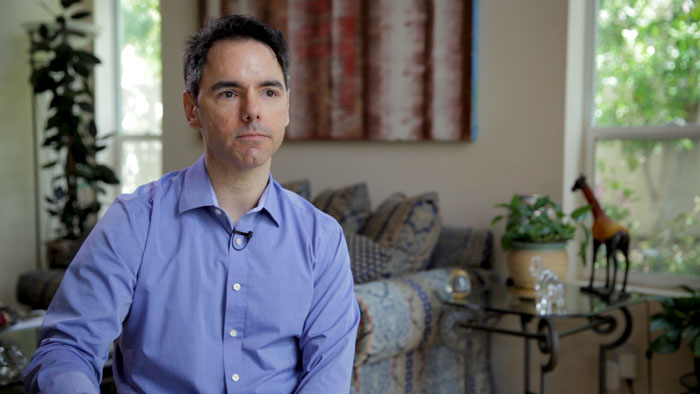
What was an early experience where you learned that language had power?
Daniel Calvisi (DC): Probably my first time reading produced screenplays. The Silence of the Lambs and Sunset Boulevard were two screenplays that really blew me away and made me really think about the screenwriter’s craft on the page, like their word choice, pacing, format and use of blank space. I remember the first thing I noticed about The Silence of the Lambs by Ted Tally was that it was exactly 120 pages. I wondered how the heck he got it to be exactly the industry standard length (at the time)!
What kind of research do you do, and how long do you spend researching before beginning a book?
Daniel Calvisi (DC): My two main books, on features and TV pilots, took years to put together. I was collating not only my own analysis but insight from produced professionals that I had met over the years. I learned that writing a book takes ten times longer than you think it will, and if you want to keep it current, you will be editing it right up to the last minute before you upload! As for screenplays, I haven’t done much writing about real-life subjects so not a ton of research was involved. But I did have an assignment to adapt the autobiography of a rock star so I had to really dive into that book and pick and choose what to include in the script. That project didn’t go anywhere but it was fun.
When did you first realize you wanted to be a writer? How long were you a part-time writer before you became a full-time one? Do you hear from your readers much? What kinds of things do they say?
Daniel Calvisi (DC): I knew in high school that I wanted to be a Writer/Director of the film, and then in college, I took a story analysis course and that really intrigued me. I found that I loved to break down narratives into their essential parts and beats and analyze them in written form. (I highly recommend you not just watch movies and television, but you do written analysis of them.)
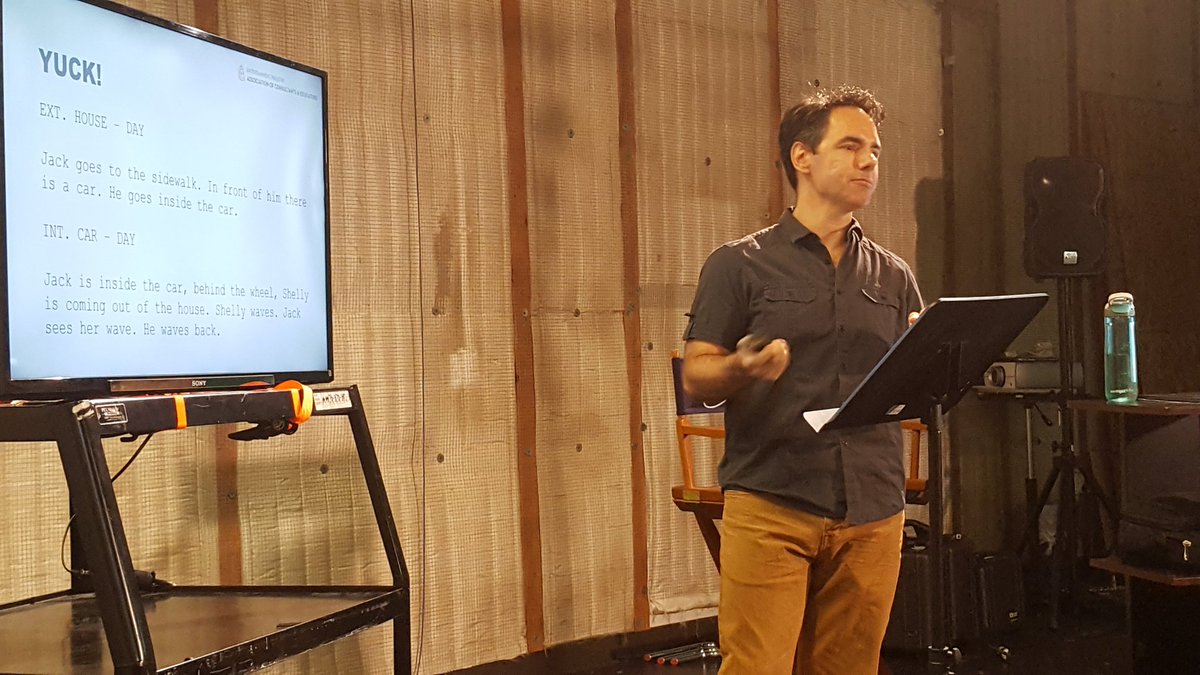
That helped me to develop strong structural skills that would help me with my own screenplays and the story analysis that eventually went into my books. I also realized pretty quickly in film school that a film forced you to rely on many other people, cost a lot of money, and was prone to technical mistakes, whereas with a screenplay I could work alone and had total control over it. And it was free! I am not currently writing full-time as I spend a lot of time working with writers, too. I really enjoy coaching screenwriters to write better features and pilots and it’s a great day job. I write on the side.
What is the most difficult part of your artistic process? What would you say is your interesting writing quirk? What is your work schedule like when you’re writing?
Daniel Calvisi (DC): The most difficult part is deciding when it’s done because I’m a perfectionist and like any writer, I am afraid of showing my work to others. Everyone has that fear, it’s natural. One quirk I had with my Story Maps books was that I tended to write them how I talk in conversation, so they were too “casual” at times. It’s okay to have fun and lose voice a bit, but not all the time, especially when you’re writing an academic piece, so my crack team of Editors (my uncle, a former high school English teacher, and my wife, a professional editor) had to rein me in. As far as a writing schedule, I write in spurts. I really need to set deadlines for myself or I will just drag it out. But once I dedicate myself to writing and finishing a project, I try to write a little bit every day, usually at night. I supplement this with weekend writing marathons.
Talk to us about your business, how it began, and why? Plus what is its future?
Daniel Calvisi (DC): My consulting work began in the late 90s after I taught a class at The Learning Annex on how to be a pro reader and one attendee asked me if I could read her script and give her notes for $75. That sounded like a good deal at the time. I started to do these consulting jobs on the side as I freelanced as a reader for several companies. I eventually put up a website on AOL (!) and started to attract more and more clients. I used to read a lot of completed scripts and give detailed notes, but these days I prefer to coach writers in Zoom sessions as they develop their work. I’d like to write at least one more book (probably on a half-hour TV structure, but we’ll see) and see some of my screenplay projects make it to the big or small screen.
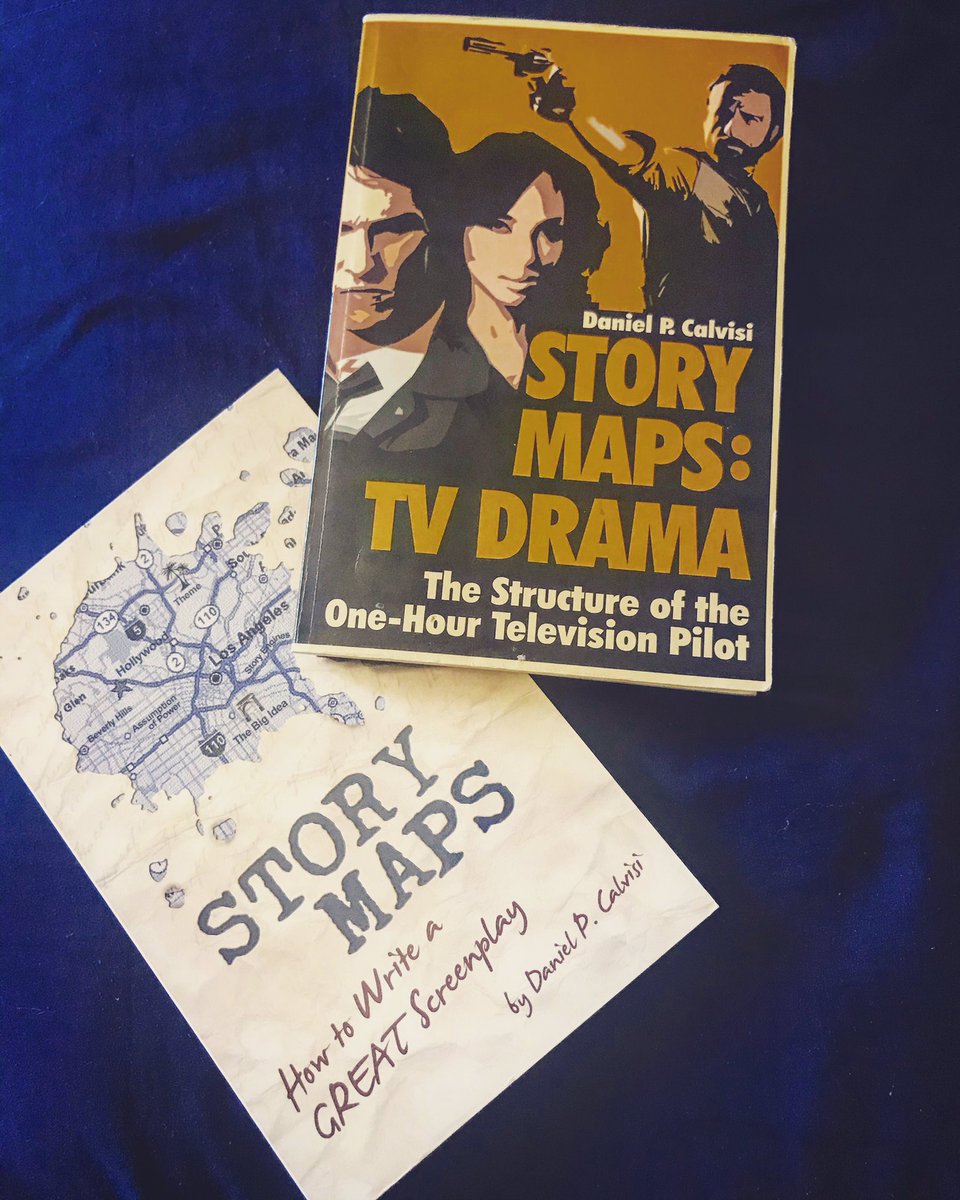
Do you want each book to stand on its own, or are you trying to build a body of work with connections between each book? What are you trying to achieve with these bodies of work?
DC: With my screenwriting books, I try to tackle a new topic with each title. My last book was on one-hour TV pilots, and I’m currently working on a book about half-hour pilots. As far as my screenplays, I’ve written in many genres, and I’m currently working with an award-winning director on a Sci-Fi feature as well as marketing my three half-hour pilot samples. I would love to staff on a television show, ideally a half-hour dramedy, that would be an exciting challenge. If you’d like to see some of the content that I’ve produced but haven’t yet put in print, check out my webinars
What does success look like to you? Do you believe in writer’s block? What does a script Doctor do?
DC: You are the only thing holding you back. It’s not about finding the time. If it means enough to you, you can find the time. Use social media (especially Twitter) to network with other screenwriters and industry people. Put most of your time into your writing, and that means conceptualizing and outlining AND writing script pages. I believe in the mantra Craft = Career. Once you have it on the page, doors will open for you.
In my case, being a Script Doctor can mean being hired to do rewrites on an existing script (short, feature, or pilot) or working with a writer in Zoom sessions and recommending changes and general spitballing. When coaching a screenwriter, I am happy to give suggestions and I do not ask for credit. They are the final decision maker on their screenplay, of course, so they can choose to use or reject any of my ideas. If they want to thank me in their Oscar speech or bring me in later on assignment, all the better!
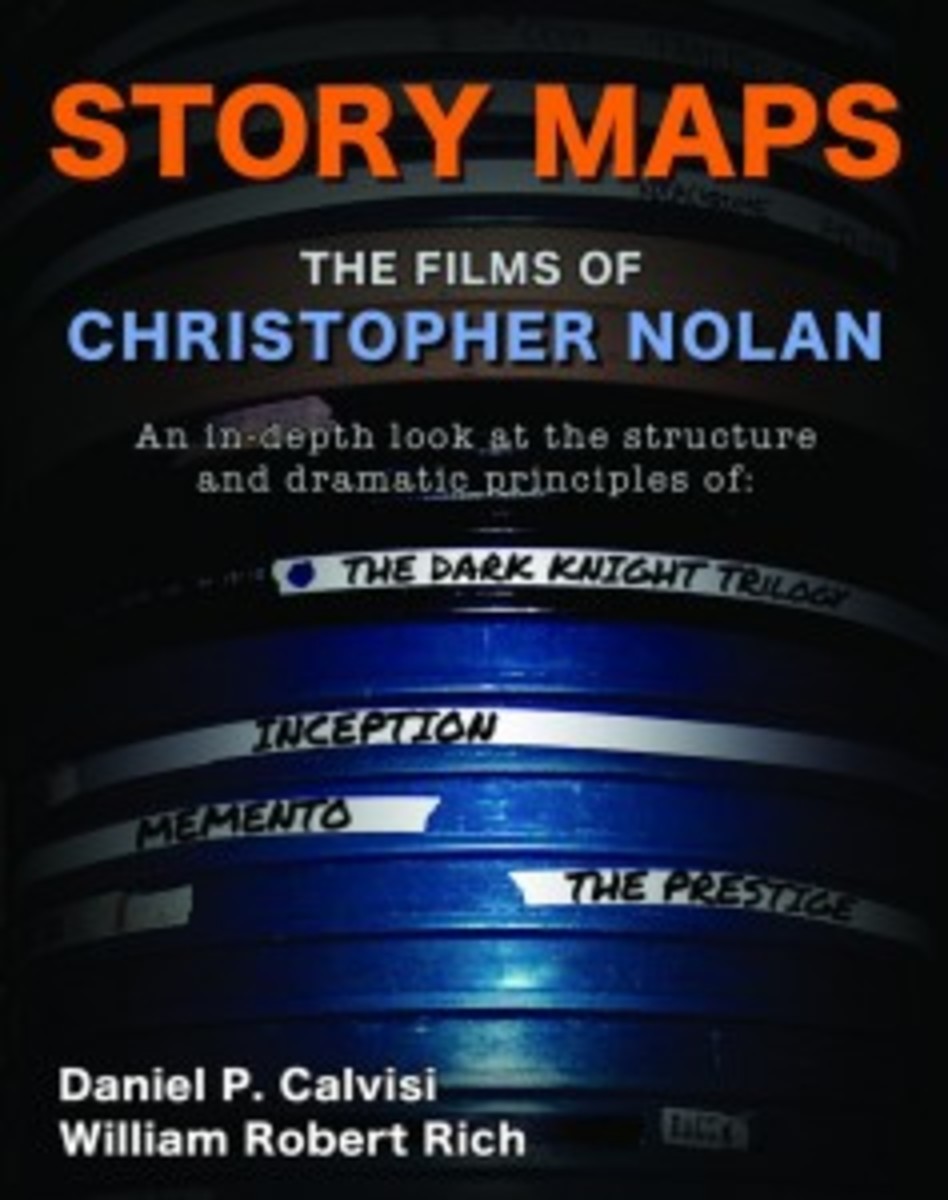
Do you still write for TV, Film, and Cinema? Do you mentor writers? What advantages do your books give the independent filmmaker? Why should they buy them? Use them? or reference them?
DC: Yes, I still write features and pilots on spec, hoping to sell them or use them as writing samples to get gigs. I still write on assignment for various independent producers, often smaller things, but currently I’m working on a Sci-Fi feature that might command a big budget, depending on interest down the line. We can scale it for budget if need be. We have an A-list actress interested in the project, but that doesn’t mean anything until there is a check that clears, as you all know. Fingers crossed. As for my books and coaching, I’d like to stress that I’m all about the craft, the actual writing on the page. I’m not here to get you an agent, I’m here to help you write a great script that will get you an agent (if you commit to putting the time into marketing yourself after you’ve done the writing work).
I sometimes help clients get their work out into the industry like I bring in managers and producers to help out my Master Class students and I occasionally pass on scripts to my contacts, but the main reason to hire me is to help make your work better, so you have an awesome calling card to then open up doors for your career. I worked for years as a professional reader evaluating incoming submissions to major production companies and I saw what to do and what NOT to do. I’ve read and analyzed a bunch of pilots so you don’t have to. I can help you write a great script for the industry reader.
My books are a great way to find a practical, powerful way to structure your feature or pilot. They literally give you a road-map to use as you build your story or try to fix your completed script. As far as I know, my book Story Maps: TV Drama (over 200 positive reviews on Amazon) presents the first and only structure template for TV drama. You won’t find another one in this much detail in print. It’s been praised by new writers as well as pros. I’ve had working TV writers tell me that they now use my template and it’s helped them save a lot of time and effort! Here are Amazon links to my two main books: Story Maps: How to Write a GREAT Screenplay and Story Maps: TV Drama. If you email me after you read my book I will send you a worksheet and a new sample map.
“Pushing Fifty” TV Pilot Proof of Concept written, directed, produced and edited by Daniel Calvisi
Indie filmmaking is a model of zero or small budget. How do you get a film to the audience with such a budget?
DC: This may sound like odd advice from a screenwriter, but I so have one good piece of advice for filmmakers: pay for good sound! Don’t shortchange the sound department, production, and post, if you can. I just saw a trailer for an indie film with three big-name actors and the sound was terrible, making it seem like an amateurish affair even though the cast was incredible. Good sound can make up for muddy images. We shot a sizzle reel last year for a TV pilot I’ve written and the sound was good, but not great. I wish it was better, but ultimately this wasn’t a piece for release, it’s a proof of concept, so I rolled with it. We didn’t have much of a budget and I knew going in that this wasn’t supposed to look and sound exactly like a network pilot. I’m still proud of it. It’s called “Pushing Fifty” see it above.
How do you think filmmakers can finance their projects?
DC: I’m not too experienced in this area, but I’d say you should find experienced, working producers with connections to investors. First, you must win them over with your great script. Ask friends and family, if you’re willing to take that risk. As they say, money changes everything, so be prepared to possibly lose some friends when your first film/s invariably do not make their money back. Try to take money from someone who is 100% a fan of yours, a ride or die friend, who believes in your success over the long term. That way, they hopefully won’t be super pissed if they lose their money the first time around. They know you’re good for it, eventually, because this is not just a short-term hobby for you, this is a career. Another route, of course, is grants and fellowships, if you can win those. If your film has a cultural element to it, you might be able to tap grants in that space. Contest wins and placements can help legitimize you to people with access to money. Don’t give up.
I wish you good luck, happy writing and filmmaking!
Tell us what you think of the interview with Daniel Calvisi. What do you think of it? What ideas did you get? Do you have any suggestions? Or did it help you? Let’s have your comments below and/or on Facebook or Instagram! Or join me on Twitter.
Follow Daniel Calvisi on Social Media
Website
IMDb
Facebook
Twitter
LinkedIn
MORE STORIES FOR YOU
The Key Facts Behind How Jeff Nichols Made The Indie Hit MUD
Jeff Nichols gives himself directorial challenges to master on every project.
In Conversation with Michael Oblowitz Director of Confidential Informant
Confidential Informant stars Mel Gibson, Dominic Purcell, and Kate Bosworth

